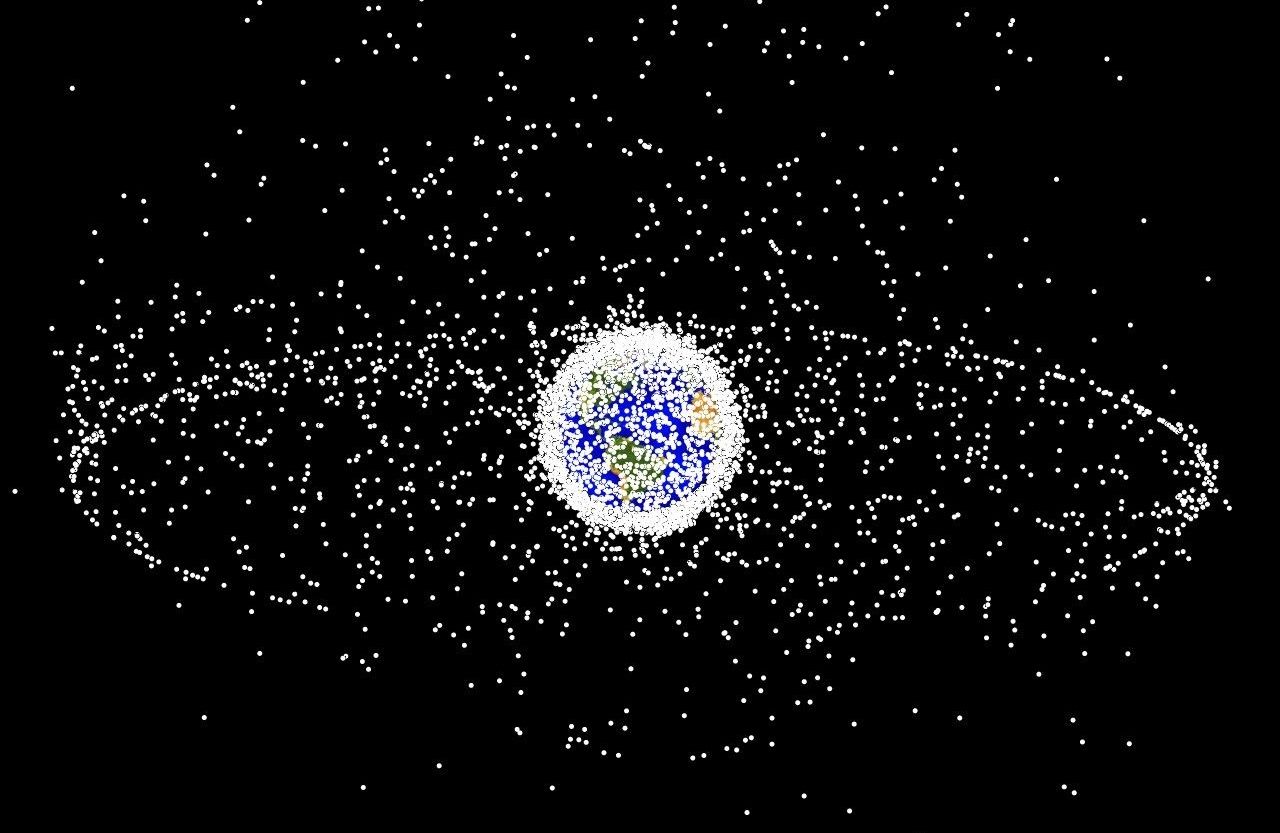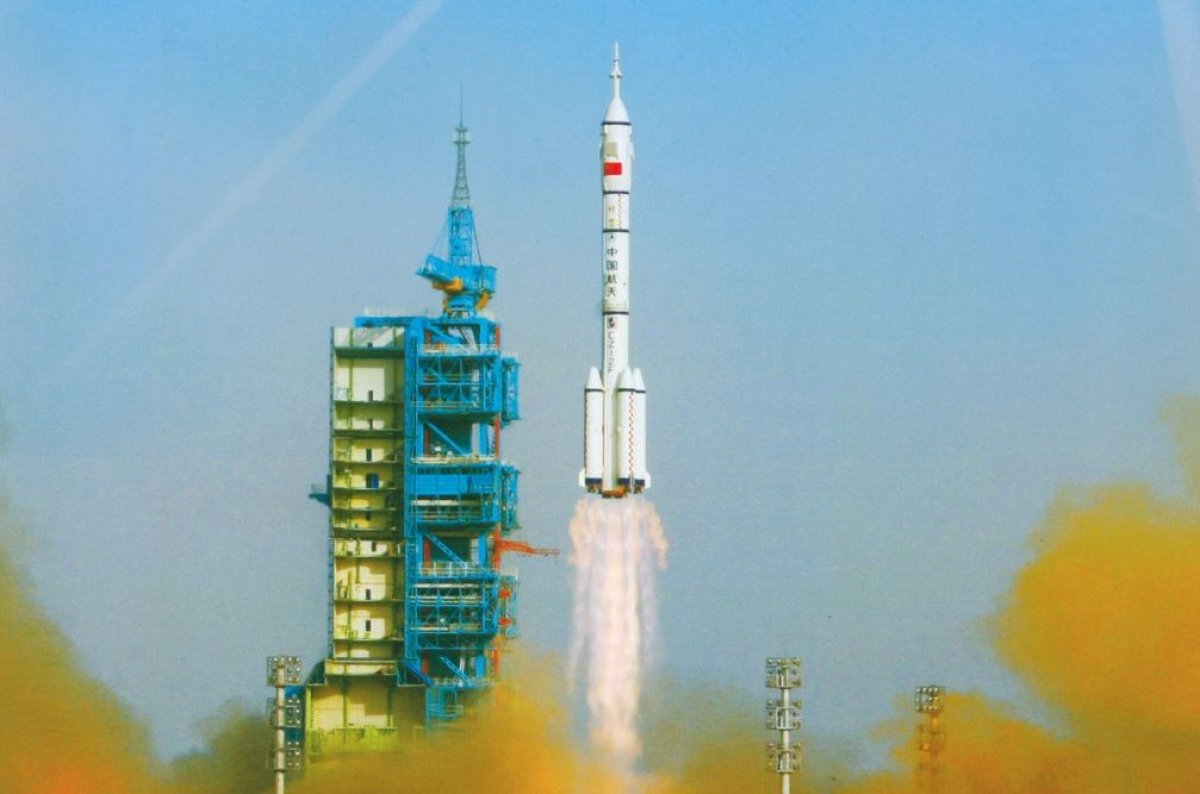
Chinese scientists have an audacious proposal to clean up Earth's cluttered orbit using giant lasers to obliterate old satellites and other space junk.
A paper, titled Impacts of orbital elements of space-based laser station on small scale space debris removal, by researchers at the Air Force Engineering University in China, describes how space debris could be zapped into smaller, less-harmful pieces using space-based lasers.
Space junk is an issue that has been occupying international space agencies for years, with NASA considering a variety of options to track, detect and remove man-made debris.
Other methods for clearing up small-scale space debris includes giant nets used to sweep up and collect the waste, and magnets that could be used to draw them out of orbit.
The Chinese scientists conducted a simulation of the laser station, concluding that it would be an effective method for clearing up Earth's orbit.
"[The simulation] provides necessary theoretical basis for the deployment of space-based laser station and the further application of space debris removal by using space-based laser [sic]," the paper's abstract states.
Research by U.S. defense giant Lockheed Martin in 2014 found that every day there were around 200 threats to orbiting satellites.
The high-speed debris orbiting the planet, which continues to increase with each passing year, is viewed as a serious threat to future space missions and has been described by experts at the European Space Agency as a "deadly cascade."
China is one of the worst offenders when it comes to producing space junk, with just one anti-satellite test in 2007 generating thousands of items of dangerous debris.
"Any of these debris has the potential for seriously disrupting or terminating the mission of operational spacecraft in low Earth orbit," Nicholas Johnson, the chief scientist for Orbital Debris, said at the time.
"This satellite breakup represents the most prolific and serious fragmentation in the course of 50 years of space operations."

Fears have also been raised about China's intentions to destroy orbiting satellites, with a U.S. general warning last year that the superpower was building space weapons in order to "challenge the balance of power in the world."
Gen. John Hyten told CNN in March: "They've been building weapons, testing weapons, building weapons to operate from the earth in space, jamming weapons, laser weapons, and they have not kept it secret. They're building those capabilities to challenge the United States of America, to challenge our allies…We cannot allow that to happen."
Uncommon Knowledge
Newsweek is committed to challenging conventional wisdom and finding connections in the search for common ground.
Newsweek is committed to challenging conventional wisdom and finding connections in the search for common ground.
About the writer
Anthony Cuthbertson is a staff writer at Newsweek, based in London.
Anthony's awards include Digital Writer of the Year (Online ... Read more
To read how Newsweek uses AI as a newsroom tool, Click here.








